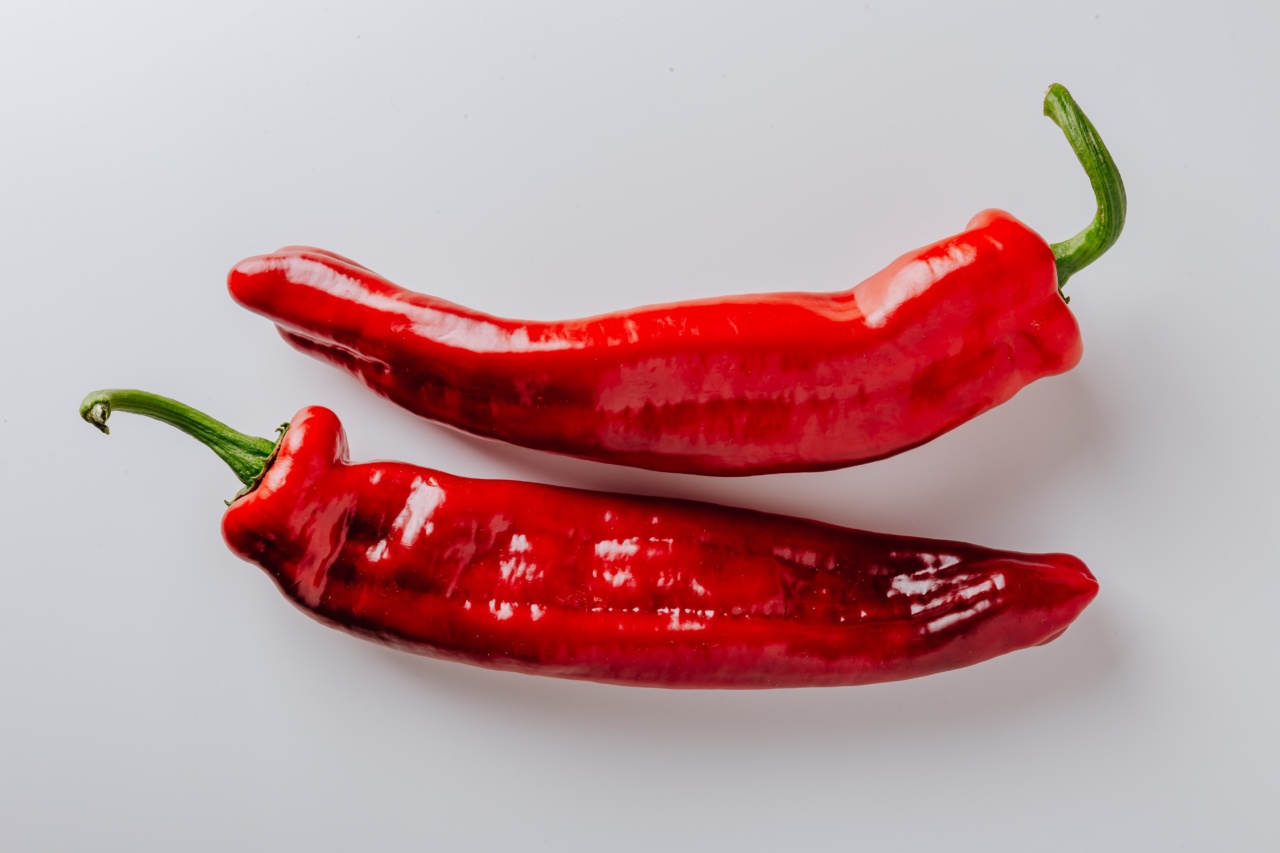When it comes to achieving healthy skin, we all know that a balanced diet, regular exercise, and proper hydration are crucial. But, did you know that certain spices can also promote healthy skin? Yes, you read that right.
Spices like turmeric, ginger, cinnamon, and cayenne pepper contain properties that can help combat acne, reduce inflammation, and improve skin texture. So, let’s dive into some natural, spicy solutions that can promote healthy skin:.
Turmeric
Turmeric is a spice that has been used for centuries in traditional medicine as an anti-inflammatory agent. When it comes to skin care, turmeric can help reduce inflammation and redness, fight acne, and improve skin elasticity.
You can mix a teaspoon of turmeric powder with honey and yogurt to make a face mask, or simply add it to your daily meals and drinks for a boost of antioxidants.
Ginger
Ginger is known for its antimicrobial and anti-inflammatory properties. It can help improve skin texture, reduce inflammation, and stimulate circulation.
You can make a ginger-infused oil by boiling ginger root in coconut oil, or simply add ginger to your diet by using it in your cooking or drinking ginger tea.
Cinnamon
Cinnamon has antibacterial and anti-inflammatory properties that can help fight acne, reduce inflammation, and improve skin tone. You can mix cinnamon powder with honey to make a face mask, or add cinnamon to your morning oatmeal and coffee.
Cayenne Pepper
Cayenne pepper is known for its high concentration of capsaicin, which is an antioxidant that can help fight free radicals and improve skin health.
You can add cayenne pepper to your salad dressings or sprinkle it on top of your meals for a kick of spice and skin benefits.
Lemon
Lemon is a citrus fruit that is rich in vitamin C and antioxidants. It can help brighten skin, fade dark spots, and reduce oiliness.
You can mix lemon juice with honey and oatmeal to make a face mask, or simply add lemon to your water for a refreshing and skin-boosting drink.
Garlic
Garlic contains allicin, which is an antioxidant that can help fight acne and improve skin texture. You can make a garlic-infused oil by boiling garlic cloves in olive oil, or simply add garlic to your meals for a boost of flavor and skin benefits.
Black Pepper
Black pepper contains a compound called piperine, which can help improve the absorption of nutrients and antioxidants in the body. This, in turn, can help improve skin health.
You can add black pepper to your meals, smoothies and juices for a boost of flavor and skin benefits.
Cumin
Cumin seeds are rich in antioxidants and minerals such as iron and zinc, which can help improve skin health. You can add cumin seeds to your meals, or boil them in water to make a tea that can help improve digestion and boost skin health.
Fennel
Fennel seeds contain antioxidants and anti-inflammatory compounds that can help reduce inflammation and improve skin texture.
You can add fennel seeds to your meals, or boil them in water to make a tea that can help improve digestion and boost skin health.
Coriander
Coriander is a herb that is rich in antioxidants and vitamins, which can help improve skin health. You can add coriander to your meals, or blend it with mint and lemon to make a refreshing and skin-boosting smoothie.
Conclusion
As we’ve seen, spices can be a natural and effective way to promote healthy skin. Incorporating these flavorful and aromatic spices in your diet can not only add a kick to your meals but also provide a range of skin benefits.
From improving skin texture to reducing inflammation and fighting acne, these natural solutions can help you achieve healthy and glowing skin without harsh chemicals or expensive procedures.






























